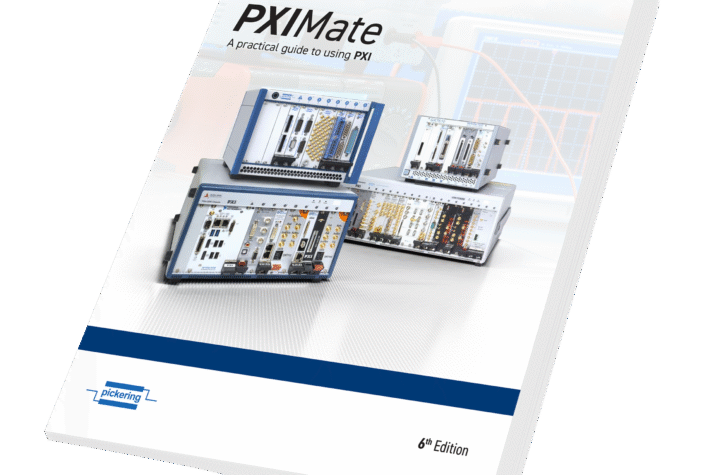
Speaking at the 2009 World Methanol Conference in Miami, Richard J. LeBlanc, CEO of Chemrec, strongly advocated increased efforts to promote the benefits of dimethyl ether (DME) throughout North America.
As an alternative fuel available from various pathways, including natural gas, coal and renewable biomass, DME offers attractive environmental benefits while helping to secure America’s energy future, said LeBlanc. He was named director of the newly formed North American Affairs Committee of the International DME Association at the conference.
LeBlanc said a collaborative initiative among industry, end-users and government is required to bring the benefits of DME to the forefront of alternative energy discussion in North America, particularly in the U.S. He noted that DME is more widely produced and accepted in Europe and Asia.
Addressing methanol marketers at the conference, LeBlanc noted that converting methanol into DME offers the methanol industry a new market for its product. DME is synthesized from methanol, whether produced from coal, natural gas or biomass such as harvested forestry wastes.
Chemrec pioneered the Fuels-from-the-Forest(TM) biofuels biorefinery concept, which can produce BioDME. Chemrec is currently building BioDME production plants in Sweden. One, a demonstration-scale facility, is scheduled to begin biofuels production in 2010. The other, a commercial-scale plant, is to be in production in 2012. It will produce up to 40 million gallons of BioDME or other renewable motor fuels a year.
LeBlanc said a forestry waste BioDME biorefinery integrated with a pulp mill in Michigan or Wisconsin, for instance, would generate enough clean-burning, low-CO2 DME in a year to replace the diesel fuel to power the municipal truck and bus fleets of the cities of Milwaukee or Chicago, as well as nongovernmental fleets such as delivery vehicles, for a year.
“Other excellent applications for DME are as a low-carbon blend for natural gas and to fuel off-grid power generation such as standby diesel generators,” LeBlanc said. “We expect that DME as an attractive diesel fuel substitute will continue to be refined and proven, while DME should be available in quantity in the U.S. in only a few years as Chemrec biofuel plants come on line.”
Truck manufacturer Volvo AB, a partner in the Chemrec demonstration scale BioDME project, plans to test several of its production diesel trucks modified to operate on BioDME throughout Sweden. Earlier studies by Volvo and others have shown that DME made from the Chemrec black liquor gasification process is, of all other tested biofuels, the highest in energy and land use efficiency (it uses nonfood
feedstocks) while being the lowest in green house gas emissions and overall clean combustion.
“DME offers significant climate and energy security advantages to America, and because this clean, odorless and noncarcinogenic gas can be produced from a wide variety of feedstocks through a number of processes, it is a practical, proven alternative fuel that lacks only a higher awareness in the U.S. of its important role in America’s energy independence,” LeBlanc said.
Founded in 1989, Chemrec AB along with its subsidiary Chemrec USA is a pioneer of the black liquor gasification biorefinery process and holds a patent on the technology. It has operating biorefinery plants in operation in Sweden and is actively pursuing opportunities with U.S. pulp mills. The Chemrec technology is the winner of several cleantech awards in 2009, including the Biofuels Digest Hot 50, the Top 20 Europe, Top 24 Europe, Top 50 Nordic, GoingGreen 100, and Global Cleantech 100. For more information, visit www.chemrec.se, or contact CEO Richard J. LeBlanc at rick.leblanc@chemrec.se.












More Stories
Automotive Industries (AI) Newsletter April 2025
Bangkok International Motor Show 2025 – The Talk of Sensuous Automotive
Earn GHG reduction values through MOL Pure Car Carrier “Book and Claim (B&C)” service